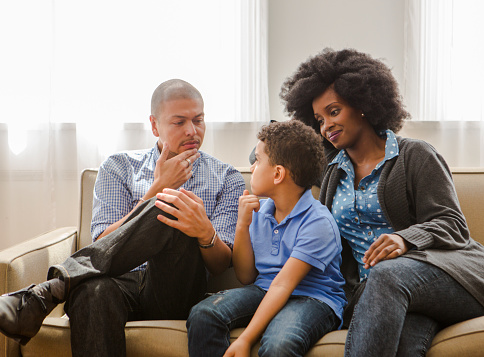Talking to Your Child About Consent: Starting the Conversation Early
Consent is a crucial aspect of healthy sexual relationships. Unfortunately, many children and young people do not receive a clear understanding of what consent means or what it looks like in practice. This can lead to confusion, misunderstandings, and even harmful situations.
Starting the conversation about consent early can help children understand the importance of obtaining consent from a partner before engaging in any sexual activity. Here are a few tips for how to approach the topic:
- Use age-appropriate language.
- Focus on the concept of respect for others’ boundaries.
- Emphasize that consent must be freely given, not coerced.
- Explain that saying “no” is always an option and that it is important to respect that choice.
- Model consent and healthy boundaries in your own relationships.
By starting the conversation about consent early, children are more likely to understand the importance of respecting others and communicating their own boundaries in any type of relationship – sexual or not.
The Link Between Early Sex Education and Reduced Teen Pregnancy
Studies have shown that early sex education can have a significant impact on reducing teen pregnancy rates. When children are educated on sexual health and relationships at a young age, they are better equipped to make informed decisions about their bodies and sexual activity. Early sex education can help children understand the risks and consequences of early sexual activity, and may even delay the onset of sexual activity altogether.
Reducing teen pregnancy rates is important not only for the well-being of young people but also for their families and communities. Teen pregnancy can lead to a host of negative outcomes, including higher rates of poverty, poor educational attainment, and increased health risks for mother and baby.
By providing children with accurate and comprehensive sex education early on, we can help prevent unplanned pregnancies and promote healthy behaviors and relationships. This can ultimately lead to better outcomes and brighter futures for our young people.




